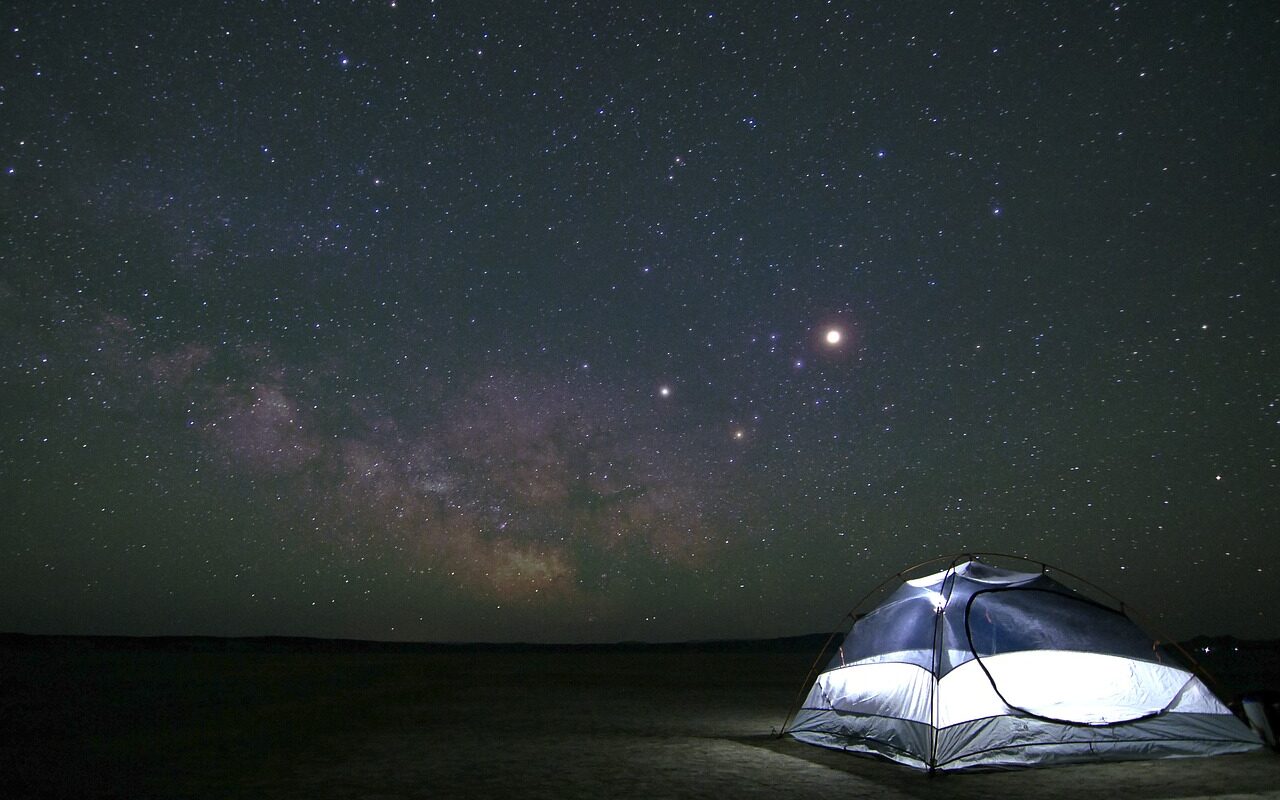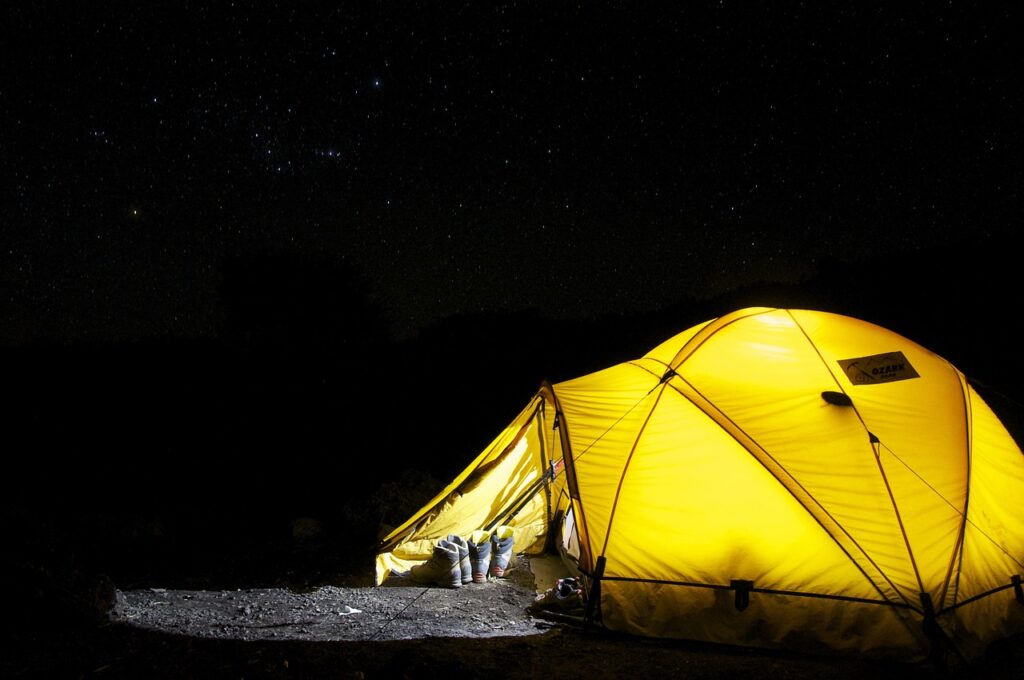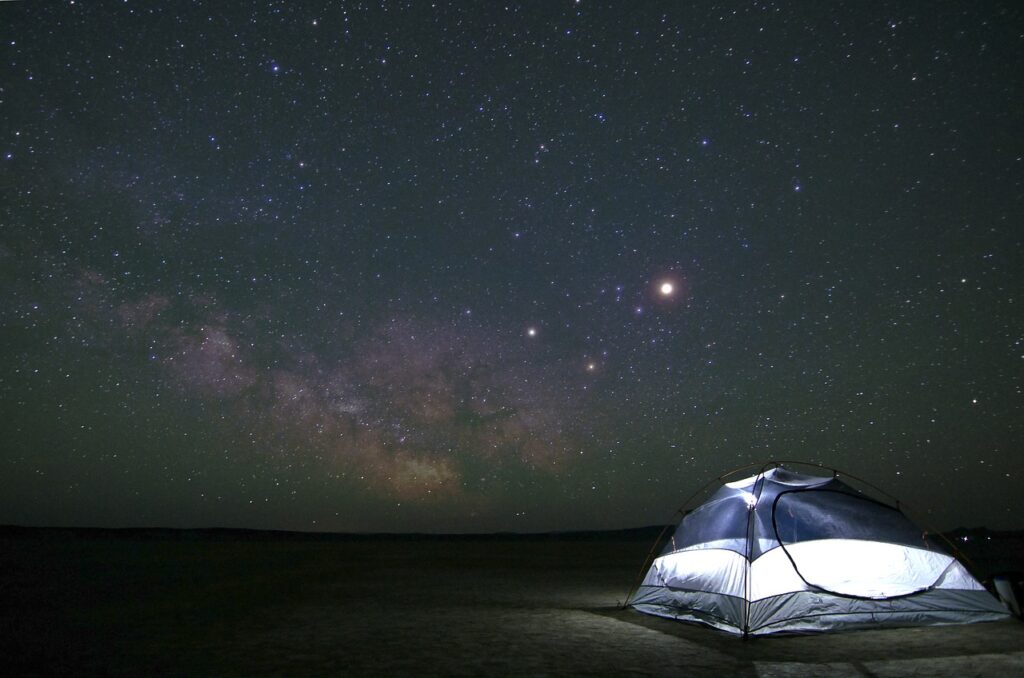Your cart is currently empty!

Can I Camp On The Beach Or Nearby?
Yes, you can definitely camp on the beach or nearby, but it’s important to do your research and follow any rules and regulations in place to ensure a safe and enjoyable experience. Many beaches and surrounding areas offer designated camping spots where you can pitch a tent, build a fire, and enjoy the outdoors. Just make sure to leave no trace, respect the environment, and check for any permits or restrictions before setting up camp. Happy camping! Can I Camp On The Beach Or Nearby?
Are you craving a peaceful night under the stars, the sound of the ocean lulling you to sleep? If you’re considering camping on the beach or nearby, there are a few things you need to know before pitching your tent. From rules and regulations to safety tips, this guide will help you make the most of your camping experience.
Where Can You Camp?
Before you head out to the beach with your camping gear, it’s important to know where you can legally set up camp. Not all beaches allow overnight camping, and those that do may have specific designated areas. Check with the local authorities or park rangers to find out the rules and regulations regarding camping on the beach or nearby.
Check Local Regulations
Make sure to check the local regulations regarding camping on the beach or nearby. Some beaches have restrictions on camping due to environmental concerns, safety issues, or overcrowding. Look into whether you need a permit or if there are certain areas where camping is allowed.
Types of Beach Camping
There are different types of camping experiences you can have on the beach or nearby. From primitive camping to RV camping, choose the option that suits your needs and preferences.
Tent Camping
Pitching a tent on the beach can be a magical experience, with the sound of the waves as your soundtrack. Make sure to bring all the necessary gear, such as stakes for the sand and a sturdy tent that can withstand wind and salt air.
RV Camping
If you prefer a more comfortable camping experience, consider RV camping on the beach or nearby. There are beachfront RV parks that offer amenities such as electricity, water hookups, and dump stations. Make sure to reserve your spot in advance, as these parks can fill up quickly during peak seasons.
Glamping
For those who want a luxurious camping experience, glamping on the beach or nearby is the perfect option. Stay in a fully furnished tent or cabin, complete with a comfortable bed, private bathroom, and even air conditioning. Glamping allows you to enjoy the natural beauty of the beach without sacrificing modern comforts.

Essential Gear and Supplies
When camping on the beach or nearby, there are a few essential items you’ll need to ensure a safe and enjoyable experience. From sun protection to proper shelter, make sure you’re prepared for all conditions.
Shelter
Whether you’re tent camping or RV camping, having proper shelter is key to a successful beach camping trip. Make sure your tent is sturdy and can withstand wind and rain. If you’re RV camping, check that your vehicle is equipped for beach conditions.
Sun Protection
The sun can be intense on the beach, especially during peak hours. Make sure to bring sunscreen, sunglasses, and a hat to protect yourself from harmful UV rays. Consider setting up a shaded area near your campsite to escape the sun when needed.
Water and Food
Staying hydrated is essential when camping on the beach, so make sure to bring an ample supply of water. If you’re planning on cooking, bring a portable stove or grill and non-perishable food items. Check for any fire restrictions in the area before starting a campfire.
Safety Supplies
Safety should always be a top priority when camping on the beach or nearby. Pack a first aid kit, flashlight, whistle, and emergency contact information. Be aware of potential hazards such as tides, wildlife, and extreme weather conditions.
Tips for Camping on the Beach
Camping on the beach can be a unique and unforgettable experience, but it also comes with its challenges. Follow these tips to make the most of your beach camping adventure.
Leave No Trace
When camping on the beach or nearby, it’s important to leave no trace of your presence. Pack out all trash, including food scraps and litter. Respect the natural environment and wildlife by following the principles of Leave No Trace.
Respect Wildlife
The beach is home to a variety of wildlife, so make sure to observe animals from a safe distance and avoid feeding them. Be aware of any nesting areas or protected habitats, and avoid disturbing the ecosystem.
Stay Safe in the Water
If you plan on swimming or surfing during your beach camping trip, make sure to follow water safety guidelines. Check for rip currents, swim with a buddy, and never turn your back on the ocean. Be aware of any water hazards or beach closures.
Enjoy the Sunset
One of the perks of camping on the beach is being able to watch the sunset over the water. Find a cozy spot near the shoreline and enjoy the breathtaking view as the sun dips below the horizon. Don’t forget to bring a camera to capture the moment.

Beach Camping Etiquette
To ensure a positive camping experience for yourself and others, observe proper beach camping etiquette. From respecting quiet hours to being mindful of your neighbors, these etiquette guidelines will help you be a courteous camper.
Respect Quiet Hours
Many beach campsites have designated quiet hours during which noise should be kept to a minimum. Respect your fellow campers by lowering your voices, turning off loud music, and refraining from loud activities after hours.
Be Mindful of Space
Beach campsites can be close together, so be mindful of your neighbors’ privacy and personal space. Avoid walking through other campsites, and keep noise levels down to avoid disturbing others.
Clean Up After Yourself
Make sure to clean up your campsite before you leave, including picking up trash, extinguishing fires, and properly disposing of waste. Leave the beach better than you found it by following the principles of Leave No Trace.
Follow Campground Rules
Each beach campground may have its own set of rules and regulations, so make sure to familiarize yourself with them before your trip. These rules are in place to ensure the safety and enjoyment of all campers.
Safety Tips for Beach Camping
Safety should always be a top priority when camping on the beach or nearby. From preventing sunburn to dealing with wildlife encounters, follow these safety tips to have a safe and enjoyable camping experience.
Protect Yourself from the Sun
The sun’s rays can be intense on the beach, so make sure to protect yourself from sunburn by wearing sunscreen, sunglasses, and a hat. Seek shade during peak hours and stay hydrated to prevent heat-related illnesses.
Beware of Wildlife
Beach camping exposes you to a variety of wildlife, from sea creatures to land animals. Be aware of any potential hazards, such as jellyfish or snakes, and observe animals from a safe distance. Keep your food stored securely to prevent attracting unwanted visitors.
Be Prepared for Emergencies
In case of an emergency, make sure to have a plan in place and the necessary supplies on hand. Pack a first aid kit, flashlight, whistle, and emergency contact information. Know the location of the nearest hospital or emergency services.
Stay Hydrated
Staying hydrated is crucial when camping on the beach, especially in hot weather. Bring plenty of water and drink regularly to prevent dehydration. Avoid alcohol and caffeine, as they can contribute to dehydration.

Conclusion
Camping on the beach or nearby can be a truly unforgettable experience, allowing you to immerse yourself in nature and enjoy the beauty of the ocean. By following the tips and guidelines in this article, you can ensure a safe and enjoyable beach camping adventure. Remember to check local regulations, prepare for all conditions, and respect the environment and wildlife during your trip. So pack your gear, grab your sunscreen, and get ready for a beach camping experience like no other!